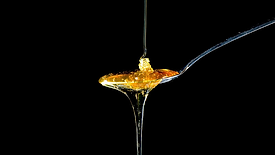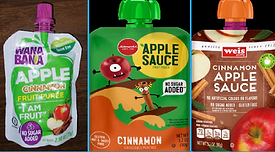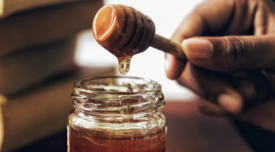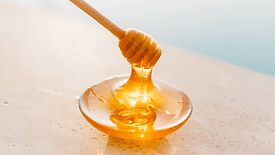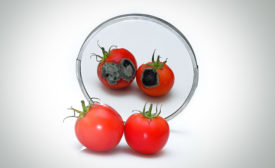Home » Keywords: » economically motivated adulteration (EMA)
Items Tagged with 'economically motivated adulteration (EMA)'
ARTICLES
Never miss the latest news and trends driving the food safety industry
eNewsletter | Website | eMagazine
JOIN TODAY!Copyright ©2025. All Rights Reserved BNP Media.
Design, CMS, Hosting & Web Development :: ePublishing


